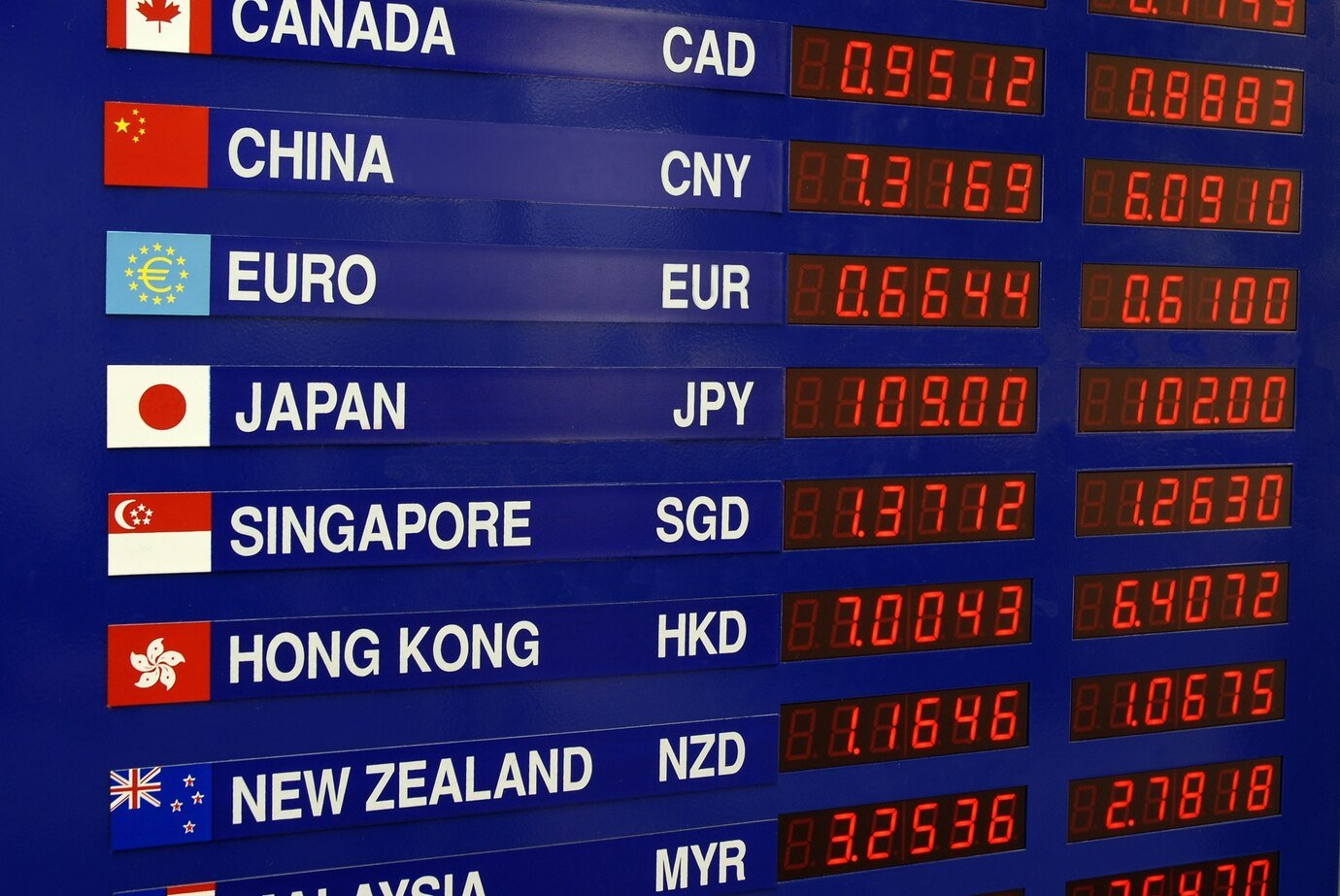
Cultural Influences on Forex Trading Behavior in Asia
Asia, a continent rich in diversity, is home to a wide array of cultures, each influencing how individuals approach life—including financial decisions. Forex trading, a highly dynamic and psychology-driven activity, is no exception. Cultural values, traditions, and societal norms play a significant role in shaping trading behavior across the region. In this blog, we explore how cultural influences impact forex trading in Asia and what traders can learn from these unique approaches.
The Role of Culture in Financial Decision-Making
Cultural norms influence how people perceive risk, approach investments, and make decisions. Forex trading, which requires quick decision-making, emotional control, and analytical thinking, is deeply intertwined with these cultural traits. In Asia, the diversity of cultures leads to varying trading behaviors, shaped by factors such as:
- Risk Tolerance: Some cultures are more conservative and risk-averse, while others embrace higher levels of financial risk.
- Community Orientation: Collectivist societies may favor shared strategies and group discussions, while individualistic cultures might focus on independent decision-making.
- Long-Term vs. Short-Term Thinking: Cultural attitudes toward time affect whether traders prioritize immediate gains or long-term growth.
Key Cultural Influences on Forex Trading in Asia
- Risk Aversion in East Asia
In countries like Japan, South Korea, and China, there is often a cautious approach to financial risk. This stems from cultural values emphasizing stability and long-term planning. As a result:- Japanese traders often favor the yen as a safe-haven currency.
- There is a preference for strategies that minimize risk, such as hedging and diversification.
- Technical analysis tools are widely used to reduce uncertainty in decision-making.
- High-Tech Trading in South Korea and Japan
Both nations have embraced technology-driven trading platforms, reflecting their advanced technological infrastructure. The popularity of algorithmic and high-frequency trading reflects a focus on precision and efficiency, values rooted in their culture. - Collectivist Trading in Southeast Asia
In countries like Indonesia, Malaysia, and Thailand, collectivist cultures encourage sharing knowledge and strategies within communities:- Forex trading groups and forums are popular, providing platforms for collaborative learning.
- New traders often rely on mentors or group insights, emphasizing trust and shared success.
- The Entrepreneurial Spirit in China and India
These rapidly growing economies are known for fostering entrepreneurship:- Chinese traders often display a high tolerance for risk, seeking significant returns in shorter timeframes.
- Indian traders balance speculative strategies with traditional values of caution, reflecting a mix of aggressive and conservative approaches.
- Islamic Finance Principles in Muslim-Majority Countries
In nations like Malaysia and Indonesia, forex trading practices are influenced by Shariah compliance:- Islamic forex accounts, which avoid interest (riba), are widely used.
- Ethical considerations often guide trading decisions, ensuring alignment with religious values.
- The Influence of Confucian Values in China and Korea
Confucianism emphasizes discipline, patience, and respect for knowledge—all qualities that resonate with successful trading:- Chinese and Korean traders often show a strong focus on education and mastery of forex trading strategies.
- These values also drive a preference for long-term planning and sustained growth.
Examples of Cultural Impacts on Forex Markets
- The Role of Lunar New Year
The Lunar New Year holiday affects trading volumes and currency movements in East Asia as markets slow down due to cultural observances. - Gold and Wealth in India and China
Cultural affinity for gold in these nations affects currency trading. For example, demand for gold impacts the Indian rupee and the Chinese yuan during festive seasons. - Collective Decision-Making in ASEAN Markets
Many traders in ASEAN countries discuss strategies with peers before making significant trades, reflecting cultural tendencies toward group consensus.
How Traders Can Leverage Cultural Insights
- Understand Local Market Trends
Traders focusing on Asian currencies should consider how cultural events (e.g., holidays or festivals) may impact liquidity and volatility. - Adapt Strategies to Regional Behavior
Understanding risk preferences in different cultures can help in selecting trading pairs or strategies. For instance:- Focus on low-risk currencies like the yen for conservative markets.
- Explore higher-volatility currencies for markets with greater risk tolerance.
- Leverage Community Learning
Engage with local forex forums and groups to gain insights into region-specific strategies and trading styles. - Recognize Long-Term Opportunities
Many Asian traders emphasize long-term stability over short-term gains, making it essential to identify macroeconomic trends that align with these preferences.
Conclusion
Cultural influences are deeply embedded in how forex trading is approached across Asia. By understanding the nuances of each region’s cultural traits, traders can better anticipate market behaviors and align their strategies for success. Embracing this diversity not only enhances trading performance but also enriches one’s perspective on the intricate interplay between culture and finance.



